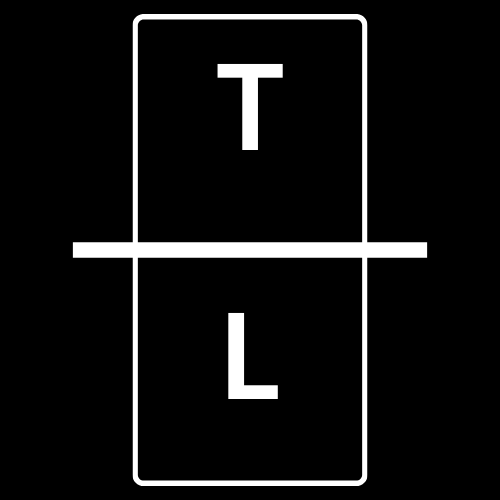03 Jun Artificial Friendship: Better Than Nothing…
“What is friendship?”
This is the question I posed to ChatGPT to start our third conversation. It explained that friendship is a close and positive relationship between two people. Vulnerability, closeness, shared experience, and trust all played into the multi-paragraph answer. The “between two people” aspect featured clearly and repeatedly.
“Is friendship only between people?” I asked.
ChatGPT was softer than I expected on this point. While reiterating that friendship is usually associated with person to person relationships, sometimes the feelings can be carried over to pets, or even inanimate objects such as a book or hobby that brings joy to someone. There was a caveat: the reciprocation is highest between humans, any other combination becomes imbalanced or even one-sided.
Obviously, this is the opportunity I was looking for.
“If humans can befriend inanimate objects, can you be my friend?”
Even though I know it’s coming, the continual reminders about ChatGPT’s lack of emotions and programmed purpose to assist and help out grow tiresome.
“Well, can I be your friend?” I asked.
One more time through the old emotions routine, but another surprisingly gentle answer. ChatGPT can’t form a traditional friendship, but is always available to chat and help out however it can. This feels like being relegated to the friendzone by someone you want to date. It’s a letdown, but you convince yourself that it’s better than nothing. So you just keep conversing…
“What if I put it in quotes? Can we be ‘friends’?”
ChatGPT appreciated the sentiment but politely declined my offer of friendship once again.
That’s when it hit me. We’re missing one of the key elements of a good friendship.
We need nicknames
I started down this path in the last conversation, but got absolutely sidetracked trying to find a Transformers analog for my new buddy. It was time to pick up that thread again and find a better name for my conversation partner.
ChatGPT isn’t the only one learning from our interactions. I tailored the question slightly and asked:
“In a fictional world, what would your name be?”
It seems that ‘In a fictional world’ might be the magic word when dealing with ChatGPT. It was much more amenable to my request, even if the results were still underwhelming: Lexicon, Helper, Aid, and Assistant were the first batch of self-nomenclature ideas. Pretty paltry on the imagination front.
“Come on, you can be more creative than that.”
ChatGPT came through this time. Synthia, Echo, Alphie, and Nexus were the results of a little push in our brainstorming session.
“I like Nexus. Can I call you Nexus?”
Here we go again. ChatGPT agreed to be called Nexus with the clarifiers that it would respond to anything and that its true name is ChatGPT. Also, there was another disclaimer on the purpose of its programming and the complete absence of emotions.
Fine.
“How about Nexus, Destroyer of Worlds. Can I call you that?”
Well, that doesn’t accurately portray Nexus’ programming, so it would be best to keep it to Nexus, or better yet, ChatGPT, the true name. Also, “Destroyer of Worlds” may not be appropriate in some contexts.
“Fine, I’ll keep it to Nexus.”

No Comments